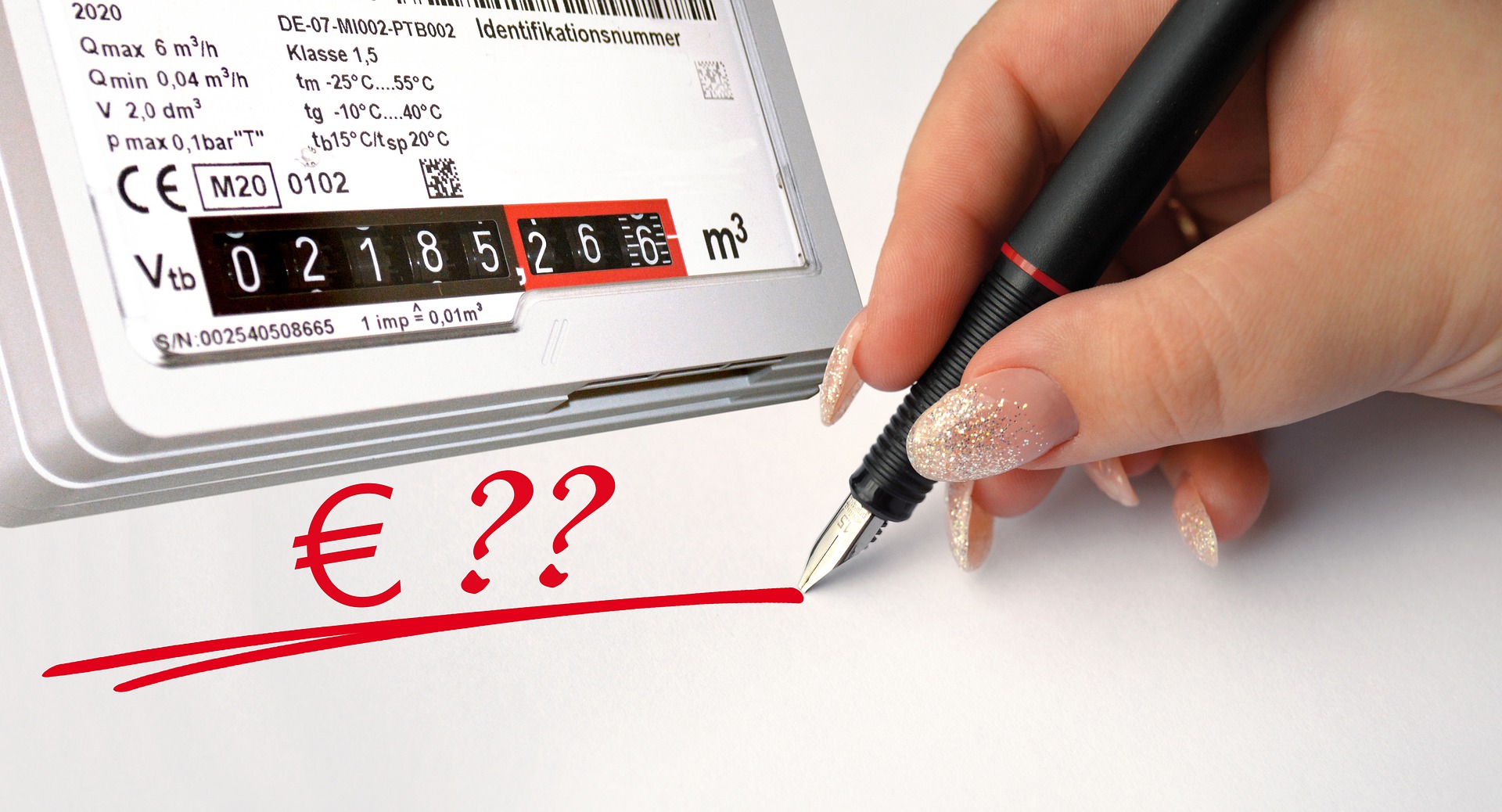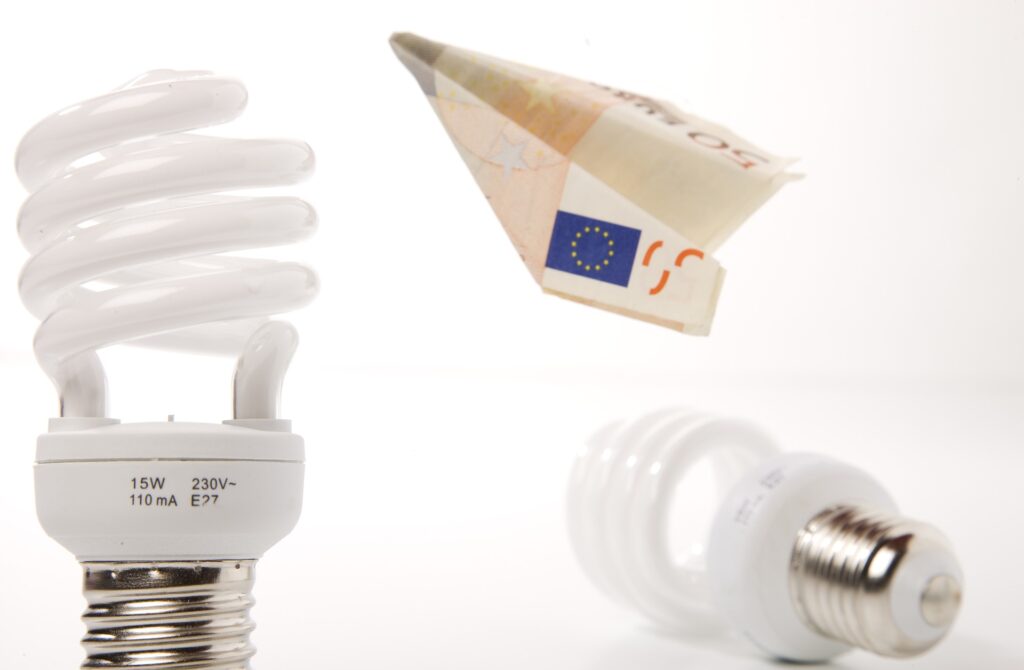[contact-form-7 id=”4740″ title=”Call me”]

Businesses of all sizes always look for ways to reduce their monthly utility expenses. With rising energy costs, it’s more important than ever for companies to be mindful of how they use electricity, water, and other resources. Fortunately, businesses can take many simple steps to lower their utility bills and save money in the long run. From making strategic investments in energy-efficient equipment to implementing better waste management practices, there are several cost-effective strategies that any business owner can employ. In this article, we’ll discuss several practical tips that will help you get started on reducing your company’s utility expenses today.
Companies can often negotiate their utility rates with their providers. By researching current market prices and comparing various providers, businesses can find the best utility rate and save money in the long run. Additionally, many providers offer discounts or incentives to encourage companies to switch to their services.
Business owners should also keep an eye out for any special promotional offers that may be available. Check out this source for deals and special offers from energy providers near you. These offers can help companies save even more on their monthly utility bills and stretch their limited budgets further.
Investing in energy-efficient equipment is one of the best ways businesses can lower their monthly utility expenses. By replacing older, less efficient models with newer, more advanced versions, companies can reduce their electricity and water usage while reducing operational costs. For instance, replacing older lighting fixtures with LED bulbs can reduce energy consumption by up to 80%. Similarly, installing low-flow faucets and toilets can decrease water usage significantly.

Energy-efficient equipment offers several other benefits, such as improved safety standards and reduced maintenance requirements. As a result, switching to energy-efficient equipment can be an incredibly wise investment that pays off over time.
Industries across the board are increasingly looking into ways to reduce their waste and minimize their environmental impact. This is especially true for businesses that generate a lot of refuse, such as restaurants and manufacturing plants. Companies can decrease their utility costs significantly by adopting better waste management practices.
For example, investing in composting or recycling programs can help businesses eliminate the need to dispose of large amounts of waste in landfills, which can be costly. Additionally, setting up a comprehensive recycling program can help enterprises turn their trash into valuable commodities that can be reused or sold.
In addition to investing in energy-efficient equipment and implementing better waste management practices, businesses can also take advantage of various tax incentives designed to encourage more sustainable operations. For instance, many countries have implemented green taxes or other financial incentives for companies that reduce their energy consumption. Similarly, some local governments offer tax deductions on renewable energy systems such as solar panel installations. By taking advantage of these tax incentives, businesses can save money on their utility bills while reducing their environmental impact.
Businesses can also reduce their utility expenses by utilizing various types of smart technology. For instance, installing energy monitoring or automated control systems can help companies monitor their electricity and water usage and make real-time adjustments. Companies can adjust their operations accordingly to decrease utility costs by taking advantage of these technologies.
Furthermore, utilizing automated systems can help businesses save time and money by taking care of specific tasks without human intervention. For instance, smart sprinkler systems can adjust their watering schedules based on the weather so businesses don’t have to spend extra money on unnecessary water usage.
Energy storage technology allows companies to store excess electricity generated from renewable sources such as solar and wind power for later use. By doing so, businesses can limit their reliance on the traditional grid and save money over time. Additionally, this type of technology can provide businesses with a secure source of energy that is not subject to fluctuations in the market.
Additionally, these systems can power operations during power outages, helping businesses save money on costly backup generators. Investing in energy storage technology can significantly impact businesses’ utility costs and should be considered by any company looking to reduce their monthly expenses.
Reducing utility expenses can have a major impact on the bottom line of any business. Companies can effectively lower their monthly bills and save money in the long run by taking advantage of tax incentives, investing in energy-efficient equipment, and utilizing smart technology. Additionally, negotiating rates with providers and implementing better waste management practices are great strategies for reducing utility costs. With these tips, any business can start seeing lower utility bills quickly.